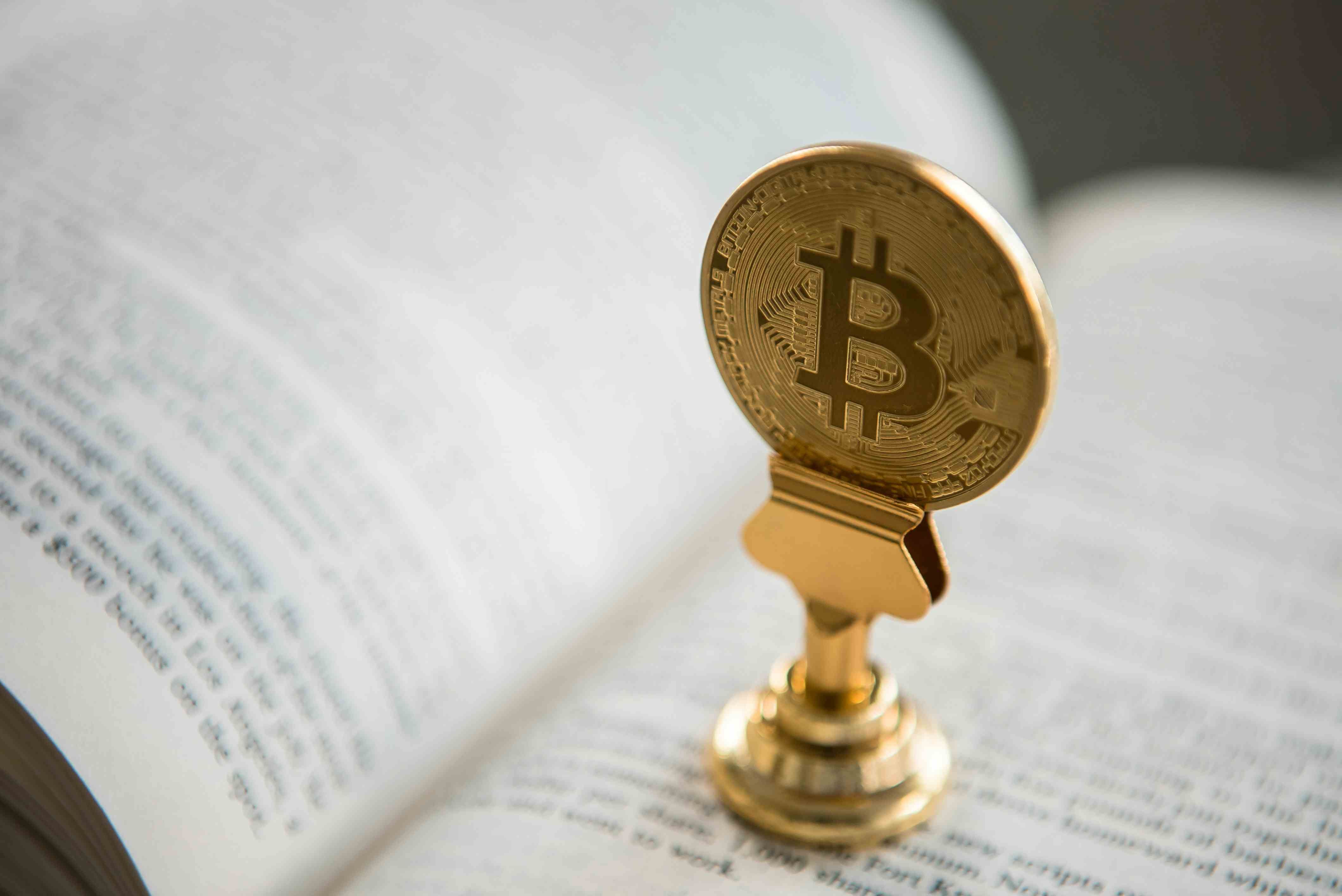 Crypto Titans, Including Michael Saylor, Stand Alongside Top Trump Officials at White House Summit. [Image Source: Shutterstock]
Crypto Titans, Including Michael Saylor, Stand Alongside Top Trump Officials at White House Summit. [Image Source: Shutterstock]The summit signaled a shift in U.S. government policy toward digital assets, with President Donald Trump reassuring crypto leaders of his administration’s commitment to fostering industry growth. Trump, who had previously criticized cryptocurrencies, declared, “We will end the federal bureaucracy’s war on crypto.”
Some industry leaders welcomed the summit. Kyle Samani, managing partner at Multicoin Capital, described it as a "historic moment" for the crypto space. Prominent trader Miles Deutscher also viewed the event as a "massive net positive" for Bitcoin, despite initial market jitters.
However, not everyone was convinced. Crypto educator Nic Puckrin questioned the impact of the event, saying, “Looking at the charts, I can assume nothing groundbreaking came from the White House summit?” Meanwhile, Bitcoin maximalist Justin Bechler dismissed the event as “a gathering of rent-seeking lobbyists pushing state-approved surveillance tokens.”
Despite the summit’s positive rhetoric, the crypto market reacted with skepticism. Bitcoin fell about 4%, reflecting disappointment over the lack of concrete policy developments. However, altcoins suffered even larger declines:
The sharp decline in altcoins was partly fueled by confusion over Trump’s mention of a "strategic crypto reserve", which some investors initially believed would include altcoins. However, a senior White House official later clarified that Trump “was only giving examples of the largest cryptocurrencies by market cap,” suggesting that the reserve would primarily focus on Bitcoin.
A major highlight of the summit was Trump’s executive order establishing a Strategic Bitcoin Reserve. The reserve will consist of Bitcoin seized by federal law enforcement, with no immediate plans for new acquisitions.
The administration likened the reserve to a "digital Fort Knox," aimed at ensuring that the U.S. government maintains control over its digital assets. Officials emphasized that the initiative would be "budget-neutral", meaning taxpayers would not bear any costs.
Despite this development, some crypto advocates were underwhelmed. Jeff Park, an executive at Bitwise, argued that the administration had not introduced any real regulatory clarity beyond the reserve announcement. “Having only Bitcoin and not the rest of the altcoins in the reserve is not a win,” he stated.
Another key clarification from White House officials was that crypto gains would not be tax-exempt, despite earlier speculation. This dashed hopes among some investors who had believed the administration might introduce favorable tax treatment for digital assets.
The White House Crypto Summit marked an important milestone in the U.S. government’s evolving relationship with crypto. However, investors remain cautious, awaiting clearer regulatory frameworks and stronger commitments from the administration.
While the establishment of a Strategic Bitcoin Reserve is seen as a step toward legitimizing the industry, the market’s lukewarm reaction—especially among altcoins—suggests that investors are still looking for more concrete policy actions.
The crypto community remains divided over the summit’s impact. While some see it as a step forward, others believe it failed to deliver meaningful change. As markets digest the news, traders will be watching closely for future regulatory moves that could shape the industry's future in the U.S.

Viero raises $1.2m to streamline MENA logistics

UAE and France collaborate on crypto tradable indices

Saudi Arabia leads MENA startup funding surge

Stablecoins find a role in everyday payments